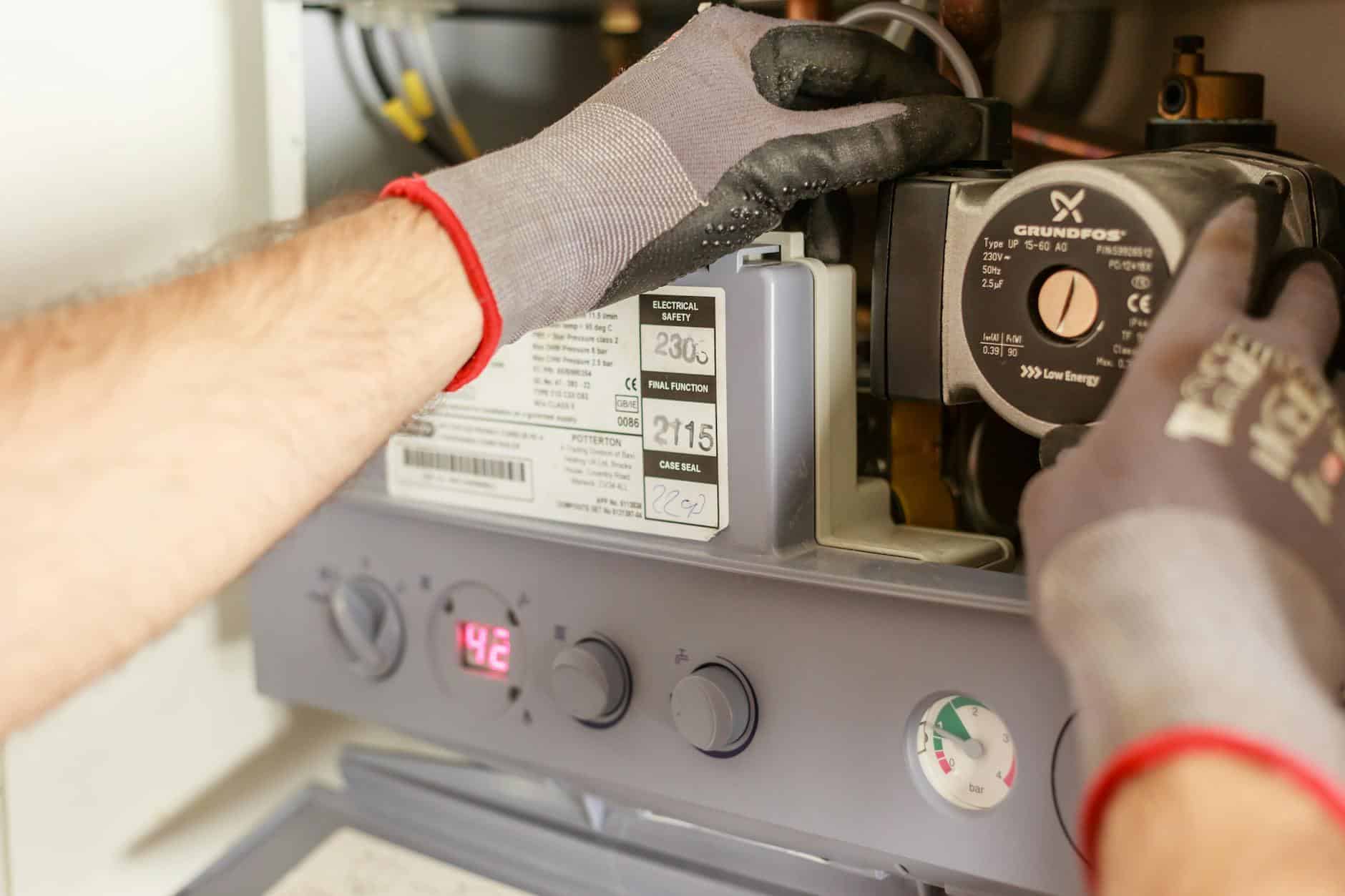Electric heat pumps have a lower carbon footprint than gas and oil heating systems. They are more energy efficient, and, when gas, coal and oil electricity generation are eventually phased out of the grid, they will be close to emission free. However, the number of heat pumps being installed in Switzerland is falling, and the number of new gas and oil heating systems is on the rise, according to a report by RTS. Photo by Heiko Ruth on Pexels.comSo far in 2024, Swiss homeowners have installed 12% more gas and oil heating systems than they did in 2023. At the same time the number of new heat pumps installed is down by around a third, according to ImmoClimat. In some parts of Switzerland, such as Basel and Geneva, it is virtually impossible to install gas or oil heating. However, in
Topics:
Investec considers the following as important: Editor's Choice, environment, Personal finance, Politics, Property
This could be interesting, too:
Investec writes The global brands artificially inflating their prices on Swiss versions of their websites
Investec writes Swiss car insurance premiums going up in 2025
Investec writes The Swiss houses that must be demolished
Investec writes Swiss rent cuts possible following fall in reference rate
Electric heat pumps have a lower carbon footprint than gas and oil heating systems. They are more energy efficient, and, when gas, coal and oil electricity generation are eventually phased out of the grid, they will be close to emission free. However, the number of heat pumps being installed in Switzerland is falling, and the number of new gas and oil heating systems is on the rise, according to a report by RTS.

So far in 2024, Swiss homeowners have installed 12% more gas and oil heating systems than they did in 2023. At the same time the number of new heat pumps installed is down by around a third, according to ImmoClimat.
In some parts of Switzerland, such as Basel and Geneva, it is virtually impossible to install gas or oil heating. However, in the canton of Valais and others it remains possible.
What is going on?
Over recent years, the price of gas and oil has risen boosting the cost savings from switching from gas and oil to electricity as a heating source. Now this trend has reversed in favour of oil and gas. Switzerland’s electricity is expensive. In 2025, it will cost an average of 29c per KWh. In Sweden, where heat pumps are standard, the price is around a quarter of this.
This recent trend has created a head wind for Switzerland’s efforts to cut emissions. Roughly a quarter of the nation’s emissions come from heating buildings and hot water. Around half of Swiss buildings are still heated using gas or oil.
A spokesperson for the sector told RTS that some heat pump installation companies were laying off staff because demand for heat pump installation has dropped so much.
Last year, Swiss voted in favour of a package of measures to lower the nation’s buildings emissions. These included subsidies to encourage home owners to better insulate buildings and install heat pumps. These will start next year and might have led some to delay upgrades until 2025.
A key impediment to heating system upgrades is the high cost and wrangling over who is going to pay. Gas and oil heating systems are relatively cheap to install and maintain. Heat pumps, air ones in particular, are expensive to maintain and in some cases might have an operational life of half to a quarter of their fossil fuel equivalents. Economic calculations behind the case for switching often leave out this reality.
Heating upgrades in Switzerland are particularly expensive. For example, ground source heat pumps, the top home heating choice in Sweden, cost roughly CHF 17,000 (208,000 SEK) in the nordic nation. In Switzerland, a similar system could set a homeowner back CHF 50,000. Why this is so is complex. Differences in labour cost would only account for a few thousand francs of the difference, given how few manhours are involved in set up. Foreign equipment manufacturers forcing high prices on Swiss installation companies might account for some of the remaining difference. A lack of competition among installers might be another factor. Politicians in Switzerland tend to overlook the question of why the costs are so high.
Who pays is another point of friction. Homeowners balk at the cost and lobby for subsidies, tenants revolt when landlords pass on costs, and governments and taxpayers often object to chipping in. Strict
Swiss tenancy laws have resulted in large numbers of tenants on old leases paying rent well below market rates. Rent hikes to cover recent building upgrades can look substantial when set against rents set 10 or 20 years ago.
In Geneva, the politics have shifted away from incentives towards sanctions aimed at landlords and homeowners. Homeowners are now subject to legal deadlines to insulate their properties depending on their thermal efficiency. Those who fail to comply risk fines and potentially prison, according to the mayor. However, some homeowners won’t be able to afford the upgrades and some tenants won’t be able to find the extra money to cover resulting rent hikes. Like the climate, politics is set to heat up.
More on this:
RTS article (in French) – Take a 5 minute French test now
For more stories like this on Switzerland follow us on Facebook and Twitter.
